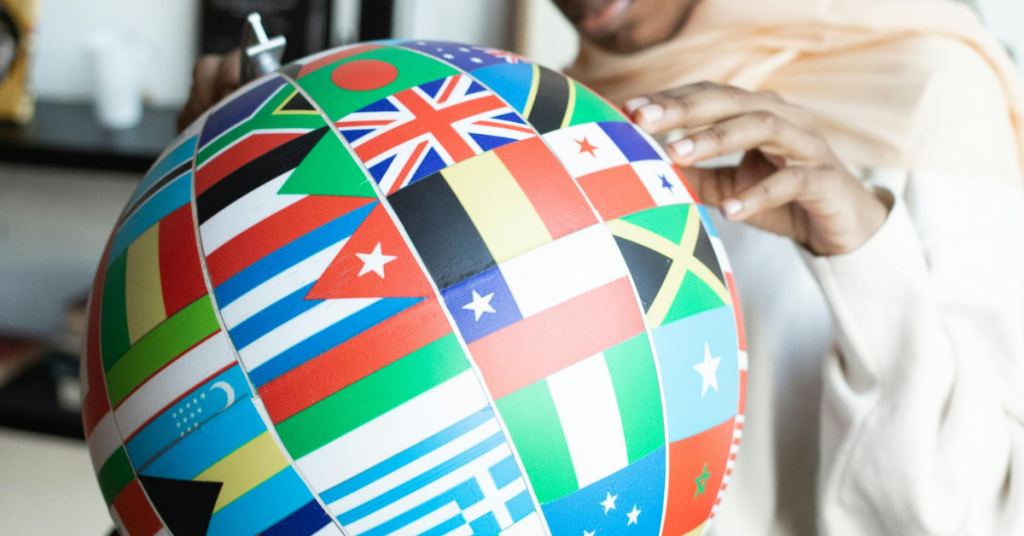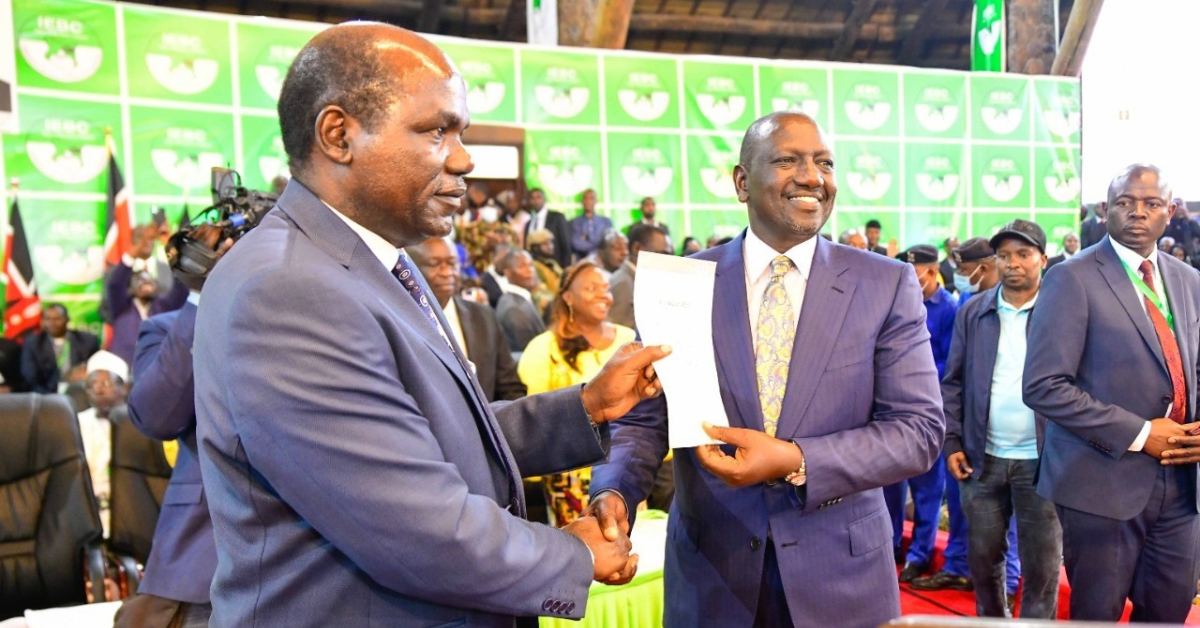African intelligentsia seem to have a strange addiction to Western bashing – public self-flogging. At a recent international event, I heard almost verbatim what I heard at another such event 26 years ago. Back then as at the recent event, the topic was African development. Speaker after speaker talked about how Africa’s resources are being exploited by ‘others’ to the detriment of Africans; about the need to guard against manipulation by those in whose hands we have suffered before; and about how Africans in the past were enslaved and traded by their colonial masters. “We should not let ‘other’ people plan and define our future for us. We must determine our own future based on where we are and where we have come from”, exhorted one of the speakers.
I am sure twenty five years earlier – in the 60s – the refrain was the same. African Union Summits are notorious platforms for this type of bashing. You would be excused if you mistook them for IGFs – important grievance festivals!
The bashing of ‘those others’ is apparently a means to burnish one’s Africanist credentials, though it is perhaps more accurate to say it is an unconscious way of addressing a persistent psychological fragility; a kind of therapy to ease the pain and burden of history.
Whatever it is, listening to it can leave you feeling extremely weary – even nauseated. You wonder to yourself – here we are, 50 years since independence, and we are still whining about ‘those people’ who oppressed us and might be scheming to do it again.
When shall we stop the blame game?
We are quite good at describing our problems – often going into great detail about what needs to be done. But when it comes to actually doing it, we disappoint.
There many issues I disagree with President Obama, but I like the fact that when he visits our continent, he tells it as it is. During his first visit to Africa in 2009, he said this: “We must start from the simple premise that Africa’s future is up to Africans…I think part of what’s hampered advancement in Africa is that for many years we’ve made excuses about corruption or poor governance, that this was somehow the consequence of neo-colonialism, or the West has been oppressive, or racism… I’m not a believer in excuses.”
His remarks during his recent visit were a variation on the same theme. “Ultimately the goal here is for Africa to build Africa for Africans. Our job is to be a partner in that process,” he said. Then he nailed it with this: “I know there are those who argue that ideas like democracy and transparency are somehow Western exports. I disagree. Those in power who make those arguments are usually trying to distract people from their own abuses. Sometimes, they are the same people who behind closed doors are willing to sell out their own country’s resource to foreign interests, just so long as they get a cut. I’m just telling the truth.”
If I was in the audience I would be applauding loudly.
Stop blaming neo-colonialism. Stop giving excuses. Of course the West, or any other group of people anywhere, will always pursue their own interests and, given half a chance, will do so at the expense of the more gullible and easily manipulable. It is still competitive world after all. Humankind’s instincts for selfishness, greed and dominance have not been repealed – the last time I checked!
Start building Africa for Africa. The operative words are ‘start building’, but while at it, let us remember that there is nothing like self-reliance. There is only mutual reliance based on clever partnerships.
How might we do this?
Here is an idea: We could start with what I call technology and idea scanning. Part of the remit of so-called economic diplomats must be to continuously scan the technology and idea terrain in the countries they have been posted. They should then channel new ideas and nascent innovations to what we may call think-labs (think-tank suggests idea generation and storage, while think-lab suggests idea generation and testing. I like it better). These think-labs should be deliberately created by governments with private sector participation. Their job would be to study and assess the possibility of partnership with the originators of the ideas or technologies, or – as the Chinese have successful done – duplicate or mutate the technology through reverse engineering. I am not advocating industrial espionage; nor open ‘theft’ of intellectual property– though you could tread a fine line and make it work for you!
African elites should reflect on such ideas and not our slave past. But if they must look back, I recommend they reflect on Abraham Lincoln’s statement: “As I would not be a slave, so I would not be a master. This expresses my idea of democracy.”


